Advantages and Challenges of AI in Education for Teachers and Schools
By Aaron Swain
The future of education is deeply linked with the development of new artificial intelligence technologies and computing. Even while the debate is still ongoing as to what extent AI will replace teachers' presence. AI in the U.S. Education keeps growing at a reasonable rate. It is projected to go as high as 47.5% by 2021.
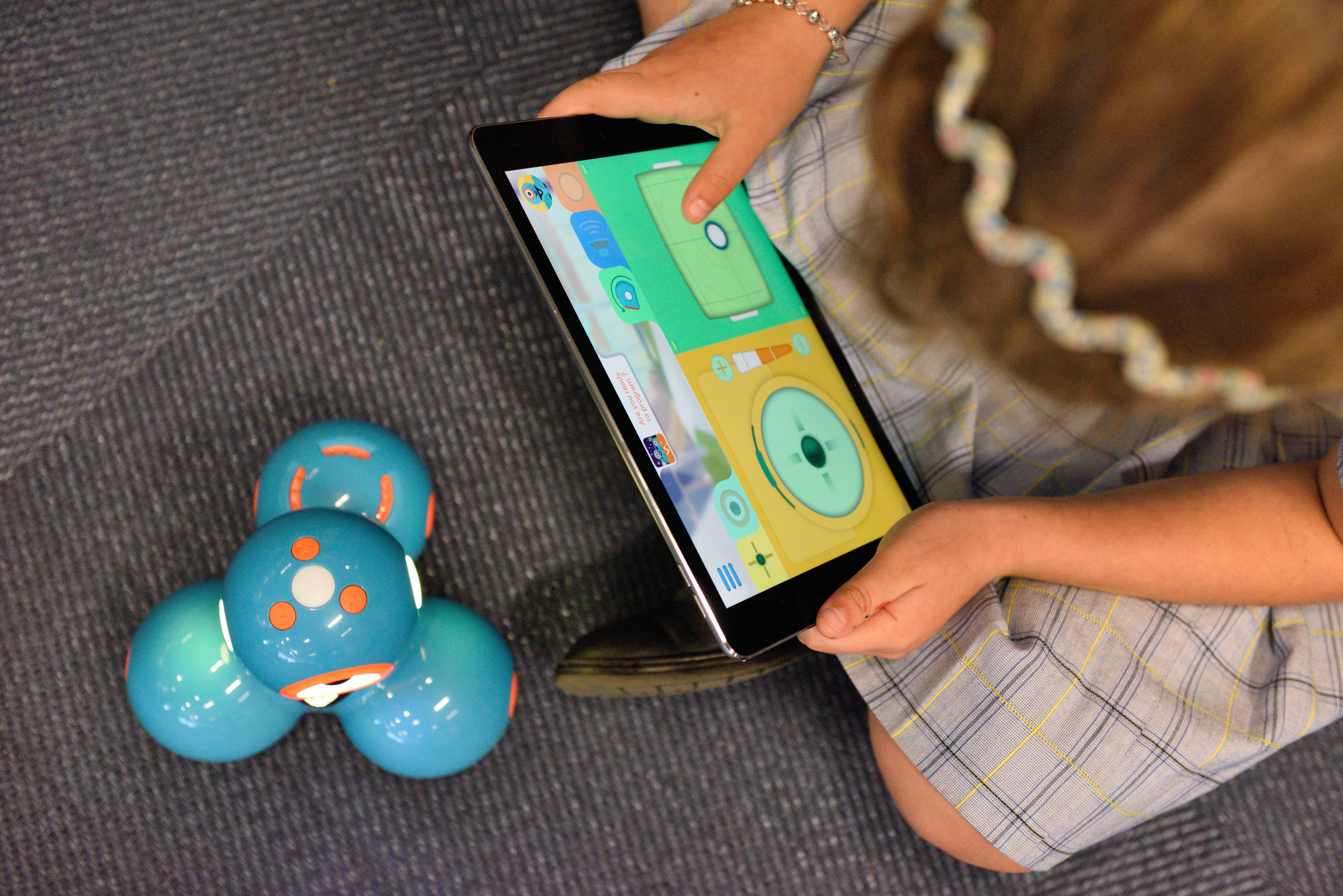
- 4 Comments
- Oct 5, 2020 10:00:00 AM
- Posted by Natalia Galvis
- Topics: Math, EdTech, STEM, Curriculum, Special Education, teachers, autism, students, Technology, VR, Edchat, Digital Technology, teaching, online, virtual learning, lessons, eLearning
How EdTech Boosts Parent Engagement in Schools
 Photo by Ketut Subiyanto from Pexels
Photo by Ketut Subiyanto from Pexels
It’s always a challenge for many teachers and school administrators to maintain or level up parent engagement in schools. They don’t like attending meetings and school-related activities because they believe they’re not that important. They could always keep themselves up to date by asking their children or fellow parents. However, this shouldn’t be the case because whether they like it or not, it is their responsibility to provide quality education to their children, including having a good relationship with teachers, school principals, and others.
Now, what can schools do to enhance parent engagement? How can they encourage parents to be more active in their children’s lives in school? For many years now, schools have been using Edtech as a way of improving teaching and learning. It’s about time they use Edtech as well to strengthen the participation of parents in schools.
Here are some great ideas for boosting parent engagement through Edtech:
- 0 Comments
- Oct 2, 2020 10:00:00 AM
- Posted by Natalia Galvis
- Topics: Math, EdTech, STEM, Curriculum, Special Education, teachers, autism, students, Technology, VR, Edchat, Digital Technology, teaching, online, virtual learning, lessons, eLearning
Summer Manufacturing Robotics Camps for Children Initiated by Purdue Polytechnic in the United States
On September 7, faculty and students from Purdue Polytechnic teamed with local businesses and tech-focused higher-education institutions to bring lessons in robotics and manufacturing to local youngsters during week-long summer camps
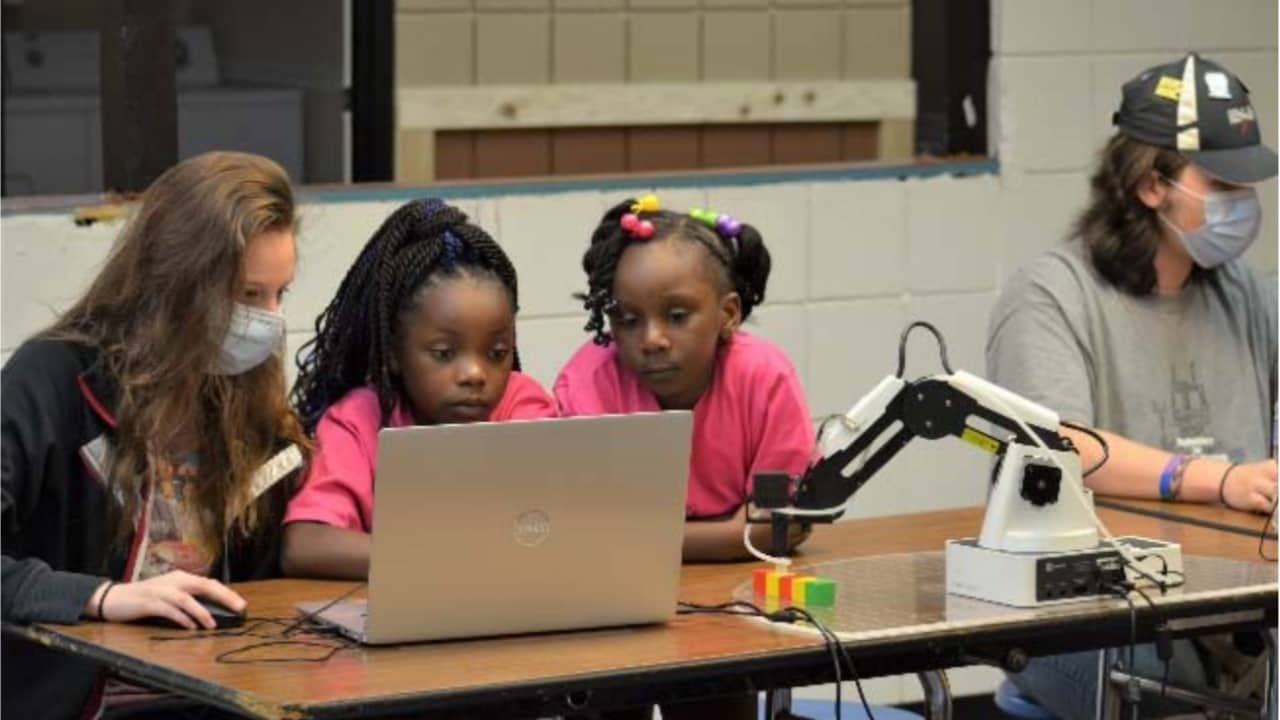
- 0 Comments
- Oct 1, 2020 10:00:00 AM
- Posted by Natalia Galvis
- Topics: Math, EdTech, STEM, Curriculum, Special Education, teachers, autism, students, Technology, VR, Edchat, Digital Technology, teaching, online, virtual learning, lessons, eLearning
Creating Online Clubs for Students During Remote Learning
A teacher who sponsors a coding club shares how it helps students meet peers with similar interests and feel less alone while learning at home.
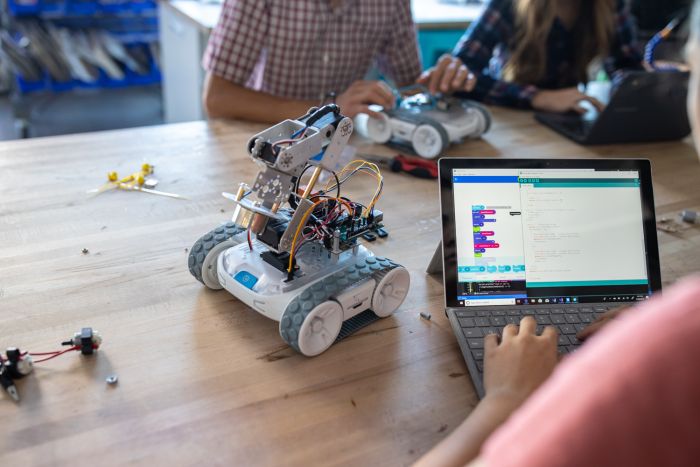
- 0 Comments
- Sep 30, 2020 10:00:00 AM
- Posted by Natalia Galvis
- Topics: Math, EdTech, STEM, Curriculum, Special Education, teachers, autism, students, Technology, VR, Edchat, Digital Technology, teaching, online, virtual learning, lessons, eLearning
Helping Students with Autism Navigate a Socially Distanced Classroom
Some well-planned strategies can help students with autism thrive as school resumes--even with social distancing measures in place.
 Photo by Michał Parzuchowski on Unsplash
Photo by Michał Parzuchowski on Unsplash
- 0 Comments
- Sep 29, 2020 10:00:00 AM
- Posted by Natalia Galvis
- Topics: Math, EdTech, STEM, Curriculum, Special Education, teachers, autism, students, Technology, VR, Edchat, Digital Technology, teaching, online, virtual learning, lessons, eLearning
Nine Ways Technology Can Boost STEM Learning
Across the nation, innovative programs are preparing students to enter the fields of science, technology, engineering and mathematics. These subjects, often called STEM, can open up new pathways to success in the 21st century workforce and also means new opportunities for students and teachers alike.
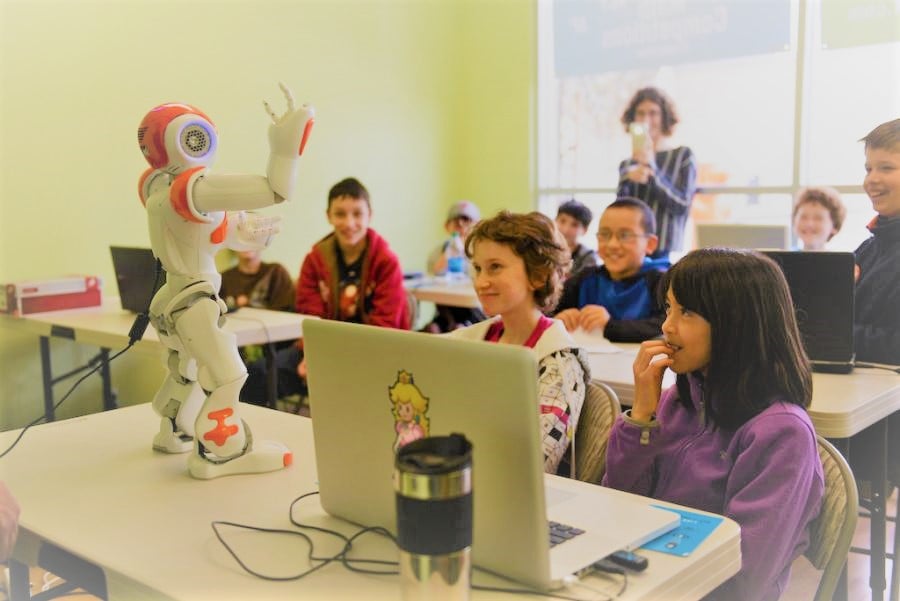
- 0 Comments
- Sep 28, 2020 10:00:00 AM
- Posted by Natalia Galvis
- Topics: Math, EdTech, STEM, Curriculum, teachers, students, Technology, VR, Edchat, Digital Technology, teaching, online, virtual learning, lessons, eLearning
A Vision for the Future of Virtual Reality in Education
Virtual Reality (VR) is slowly taking over our entertainment industry. But what are the implications for other areas of our lives, such as business, health, and even…education?
 Photo by Jessica Lewis from Pexels
Photo by Jessica Lewis from Pexels
While the educational realm generally takes longer than anyone else to embrace new technology, VR brings many implications for the schools of tomorrow.
Here are some ways in which VR might change the face of education in the future.
- 0 Comments
- Sep 25, 2020 10:00:00 AM
- Posted by Natalia Galvis
- Topics: Math, EdTech, STEM, Curriculum, teachers, students, Technology, VR, Edchat, Digital Technology, teaching, online, virtual learning, lessons, eLearning
6 Questions to Improve Your Virtual Classroom
It can be difficult to gauge how effective your online instruction is—using surveys to gather regular student feedback can help.
 Photo by August de Richelieu from Pexels
Photo by August de Richelieu from Pexels
- 0 Comments
- Sep 24, 2020 10:00:00 AM
- Posted by Natalia Galvis
- Topics: Math, EdTech, STEM, Curriculum, Artificial Intelligence, teachers, students, Technology, Edchat, AI, Digital Technology, teaching, online, lessons, eLearning
7 Ways Artificial Intelligence Help Students Learn
The role of artificial intelligence in education is always a hot topic. While some fear that artificial intelligence will take over education to the detriment of students and teachers, others claim that artificial intelligence will revolutionize and improve education.
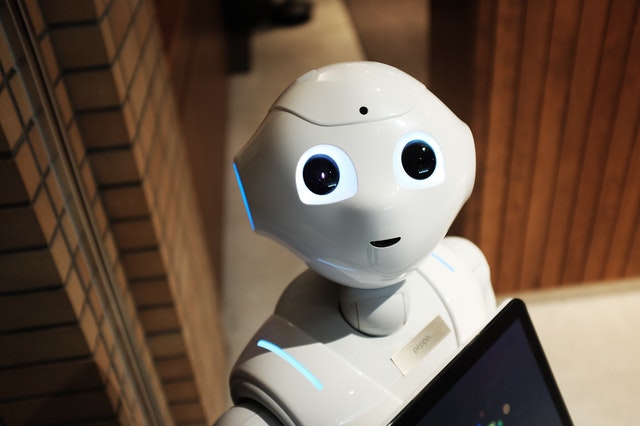 Photo by Alex Knight from Pexels
Photo by Alex Knight from Pexels
While we’re far from seeing robots in the classroom, artificial intelligence is making its way into education. Certain tasks can be made easier through the use of artificial intelligence. Grading, for example, can be done quickly and easily using artificial intelligence. The most important way that education will transform education is by simply helping students to learn. In this piece, I will discuss 7 ways that artificial intelligence helps students learn.
- 0 Comments
- Sep 23, 2020 10:00:00 AM
- Posted by Natalia Galvis
- Topics: Math, EdTech, STEM, Curriculum, Artificial Intelligence, teachers, students, Technology, Edchat, AI, Digital Technology, teaching, online, lessons, eLearning
What Do Parents Think of Online Learning?
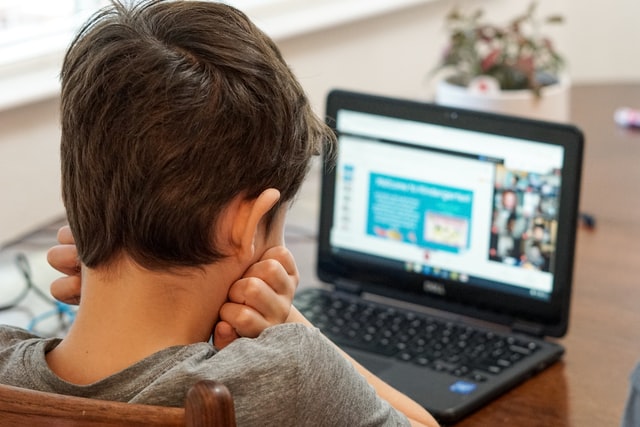 Photo by Thomas Park on Unsplash
Photo by Thomas Park on Unsplash
If it wasn't for online learning, many school districts might well be entirely dark this fall. But that doesn't mean parents don't have concerns about online learning.
- 0 Comments
- Sep 22, 2020 10:00:00 AM
- Posted by Natalia Galvis
- Topics: Math, EdTech, STEM, Curriculum, teachers, students, Technology, Edchat, Digital Technology, teaching, online, lessons, eLearning
Relevant Posts
Popular Posts
Subscribe to Email Updates
-
I Want To Learn MoreADDITIONAL INFORMATION


